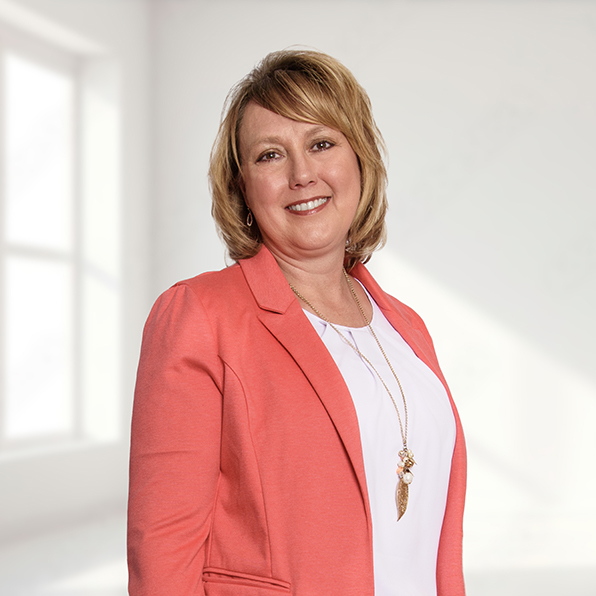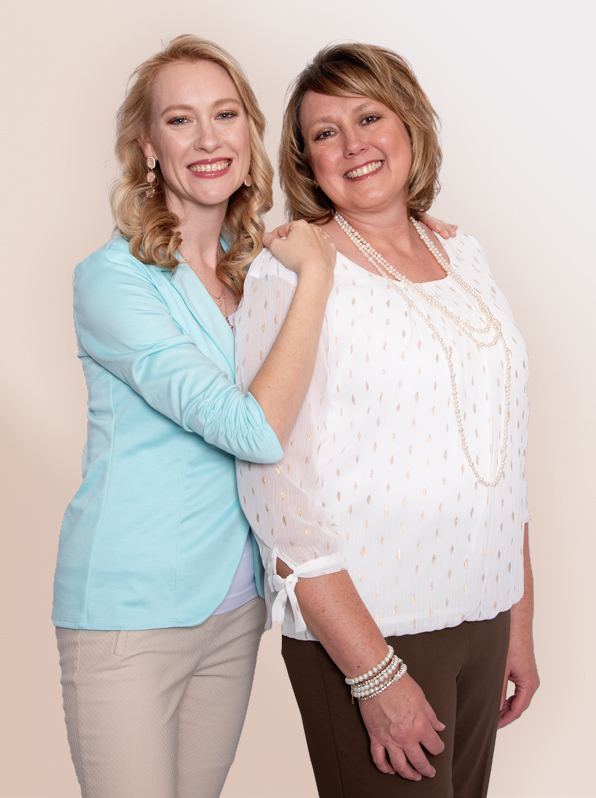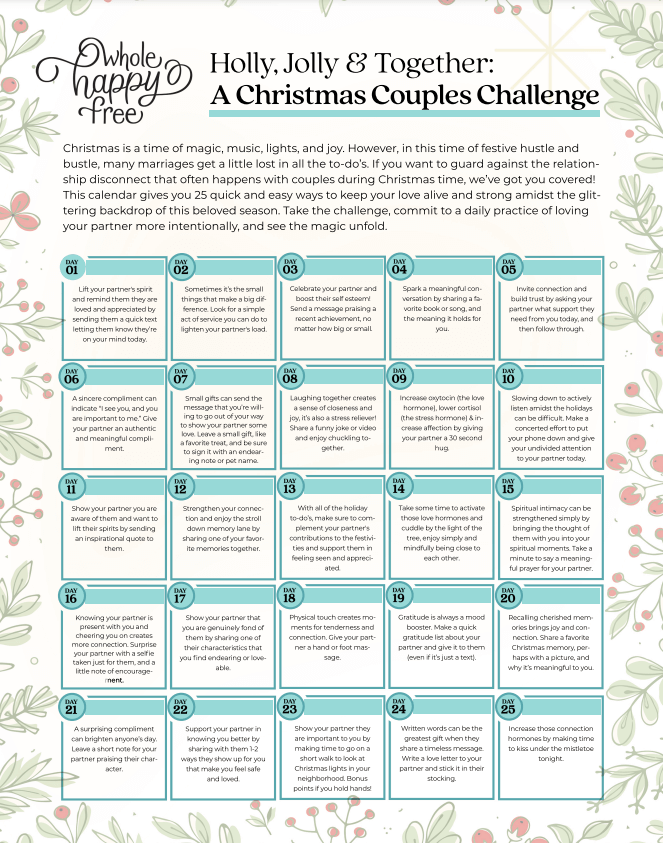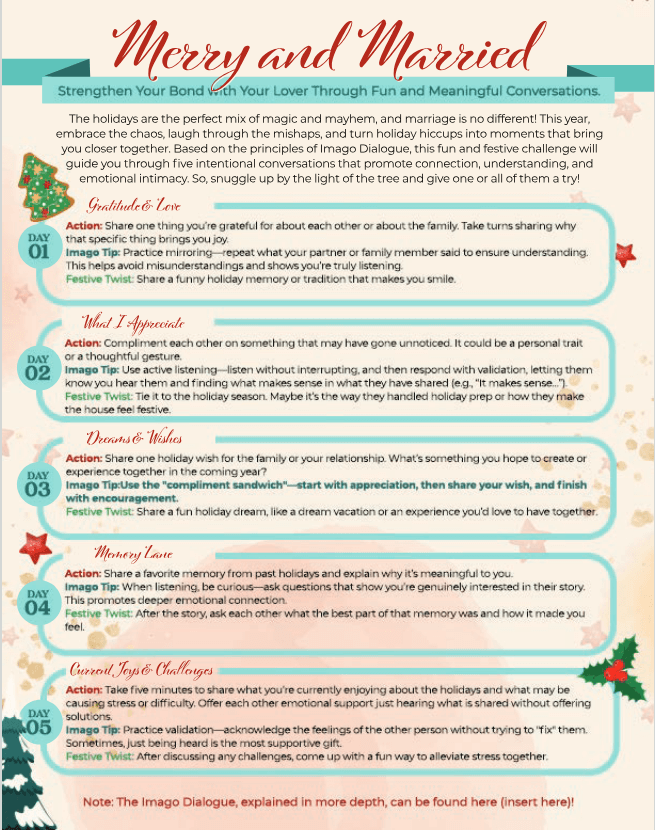A few years ago, I taught a Marriage Skills course for Brigham Young University-Idaho. At the beginning of the course, I would ask my students the #1 thing they thought was important in a marriage. Most of them said communication.
In my experience, most of my couples come in citing communication breakdown as the reason they are in my office. It seems to be a universally accepted focus in relationships.
What is interesting to me, however, is that if I start asking questions about “communication,” I find that most people are quite successful at communication in their day-to-day lives! We communicate all the time: at work, at the grocery store, with our friend groups, etc. Sometimes, we’re actually REALLY clear about our communication. But being clear that “I think you’re a selfish jerk” is still not really the outcome we want, right? We don’t want to JUST communicate; we want the outcome of this communication to be connection. So, why do we feel like communication breaks down in the relationships that are the most important to us?
I propose that communication is not actually the problem.
We’ve been talking over the last couple of weeks about the Law of the Harvest in relationships: we reap what we sow. In relationships, this translates to my famous motto: “All behavior makes sense in context.” This is not just a great thought by Natasha; it is a natural law (though it’s also a great thought 🙂). Humans don’t look at an interaction and then choose a response out of a jar of possible responses just for kicks and giggles. We respond to people and/or situations for ACTUAL reasons! AND, the person most equipped to shed light on the context that makes you make sense is yourself. Therefore, I propose that CURIOSITY is the missing piece of communication when connection is the goal.
Relationship distress almost always has its roots in unmet expectations. If I THINK I’m planting cucumbers, but carrots start to grow, I may have a myriad of emotions and assumptions about why this is happening. Those emotions and assumptions left unchecked might lead us down a path of disconnection and hurt. Let’s bring this out of the garden and into your living room.
“Sarah and Jake had planned a romantic dinner, but when Sarah arrived home, she found Jake still working on his laptop. Feeling ignored, Sarah grew frustrated, expecting him to prioritize their evening together. Jake, on the other hand, thought Sarah would understand that his project was running late and assumed she wouldn’t mind. Their unspoken expectations led to disappointment on both sides, creating tension in what was meant to be a special night.” Sound familiar?
It may seem like the easy way out to solve this is by saying, “Sarah just needed to communicate her disappointment so Jake could reassure her.” Or, “Jake just needed to let Sarah know that his project was running late.” Chances are Sarah WAS communicating frustration (slammed cabinet doors anyone?) and Jake WAS communicating he really needed to finish this late project (“Why else would I still be working when we had planned something special?”). Their biggest mistake here was not a lack of communication, it was a lack of curiosity about what was going on for themselves and/or each other.
How would this dynamic have changed if, when Sarah got home and found Jake still on his computer, she had gotten curious about why she was frustrated? Getting clear with herself on her own feelings would have helped her to know what to do next. “I’m feeling ignored and believe that Jake cares more about work and takes me for granted. Why is this? Is it really true?” If she could get curious with herself, she would realize that she needs more information or there is a wound from past interactions (seeds already sown) that needs some attention. Armed with this clarity about herself, she could then go to Jake with curiosity.
“Jake, I’m feeling disappointed that you’re still working when we planned a romantic dinner tonight. I’m feeling like you’re making work a priority over me. Can you help me understand why you’re still working?”
Jake COULD communicate here: “Why do you have to assume that I don’t care about you? I’ve been working on this late project ALL day, trying to get it done in time for our dinner. But clearly, nothing I do is ever good enough for you.” (Way to communicate, Jake.)
OR
He could get curious with himself. “Why am I feeling so defensive here? Do I actually feel guilty that this work project is getting in the way of our romantic dinner I was really excited about? Do I have some wounds from past interactions (seeds already sown) that just got poked?”
Once he’s clear about what is going on for him, he might be able to hold some space to be curious about what is going on for Sarah. “Sarah, I hear that you’re disappointed, and I’m sorry. I have this huge project that I’ve been working on all day. I REALLY wanted to be done in time for our dinner and have been working to make that happen. I feel guilty that it’s not done, and I wanted tonight to be really nice. I do have to turn this in tonight; what can I do to show you that you’re still a priority to me?”
Do you feel the difference? This shift from mere communication to curiosity creates space for understanding and connection, which is the real goal. Curiosity invites both partners to see each other’s perspectives and consider the emotional context behind their reactions rather than getting caught up in defensiveness or assumptions. By exploring what’s really going on inside and with each other, couples can turn moments of tension into opportunities for deeper intimacy. In this way, unmet expectations no longer lead to disconnection but instead open the door to genuine, meaningful connection.
So, the next time you feel tension rising, pause and get curious about yourself and your partner. Remember, curiosity is the key to creating the understanding and closeness you’re longing for. Embrace it, and watch your relationship flourish. You’ve got this.









